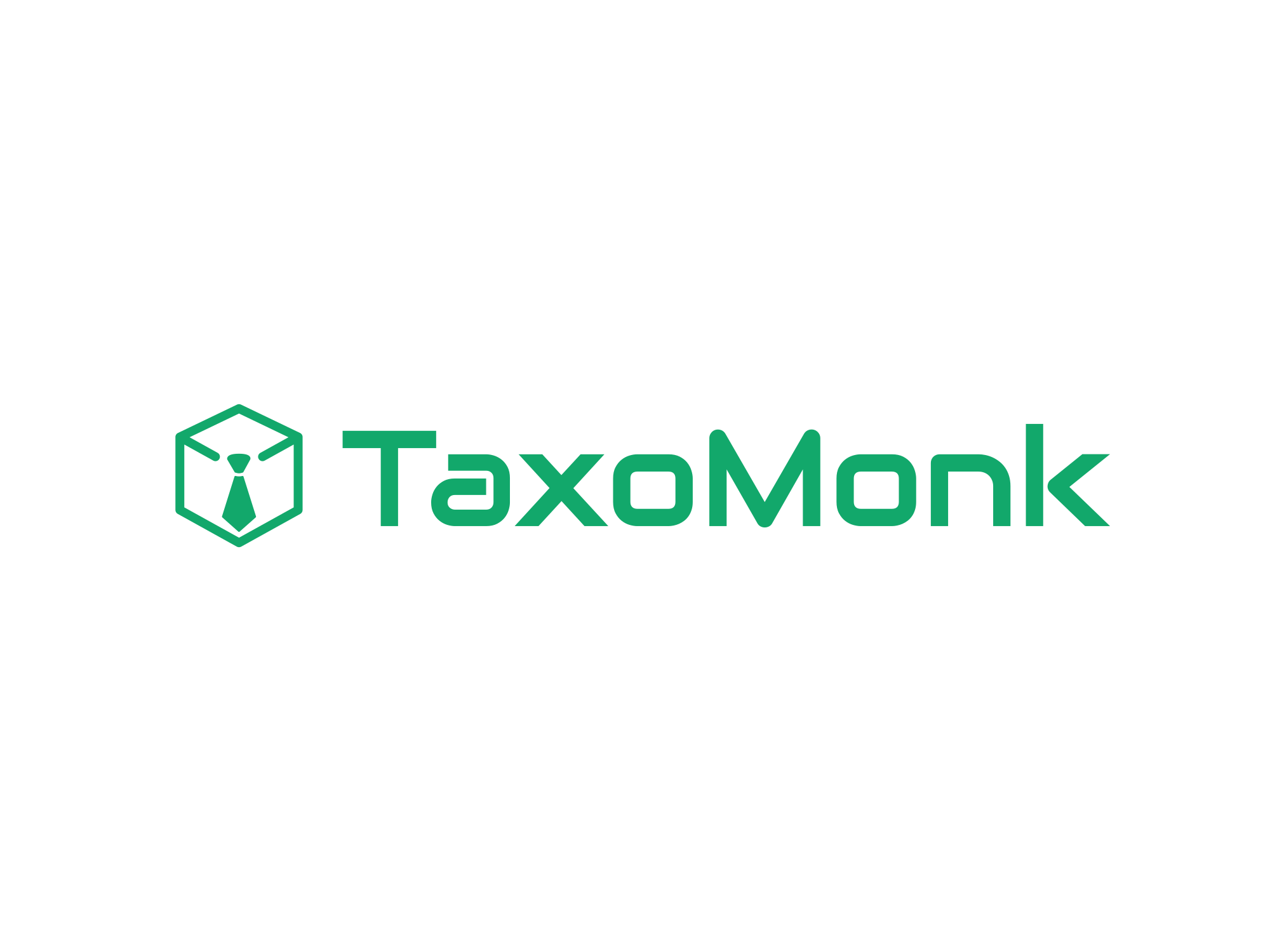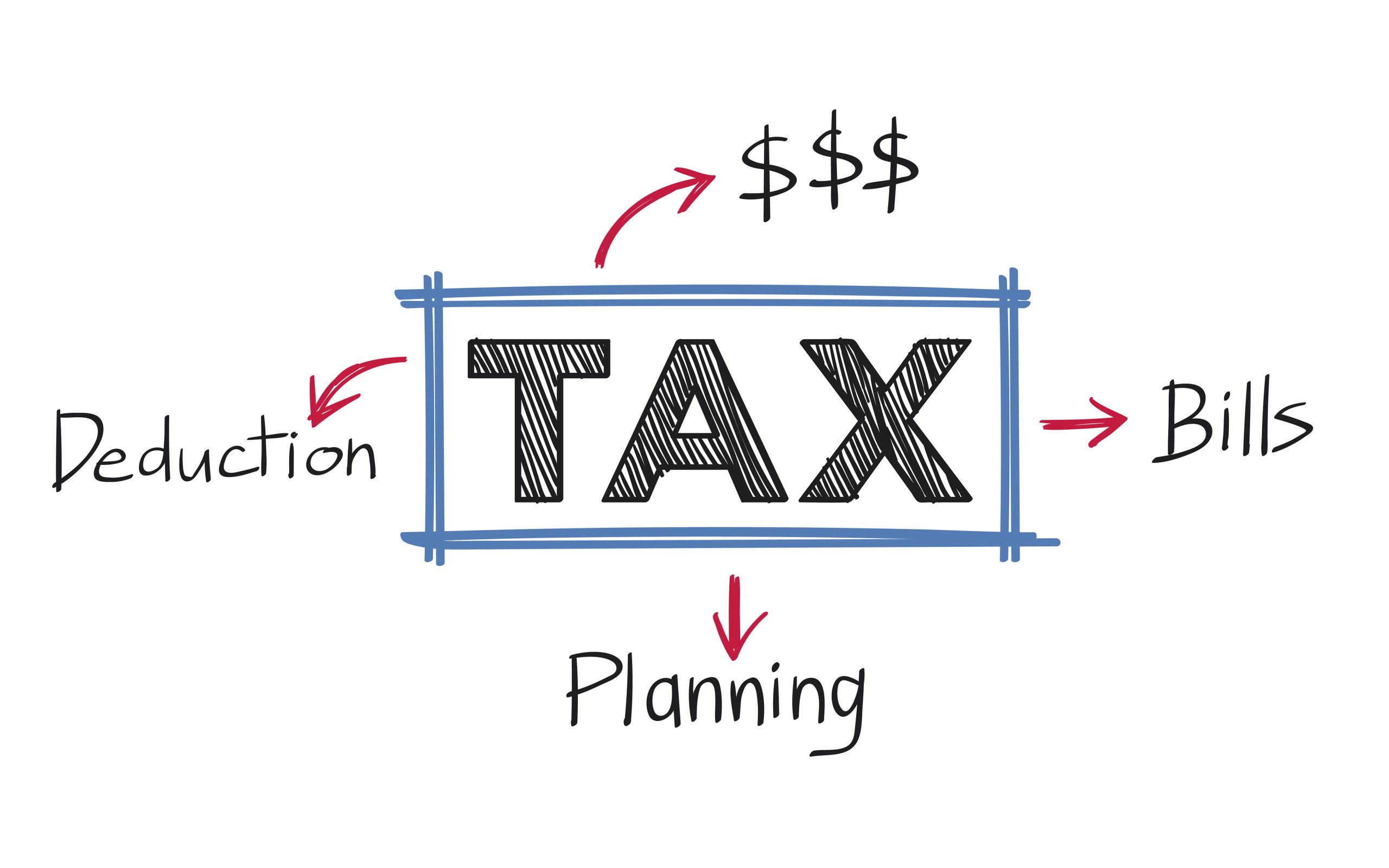Introduction for FRS 103 – Insurance Contracts
Financial Reporting Standard (FRS) 103, specifically addressing insurance contracts, plays a critical role in the financial reporting framework in the UK. This standard sets out the accounting and disclosure requirements for insurance contracts, ensuring consistency, transparency, and comparability in the financial statements of entities involved in the insurance sector. This article delves into the key aspects of FRS 103, elucidating its requirements and implications.

Background and Scope FRS 103 – Insurance Contracts
FRS 103 was introduced to provide a comprehensive framework for the accounting and reporting of insurance contracts. It applies to all entities that issue insurance contracts, including those that are not primarily insurers. This standard aims to ensure that the financial statements of entities engaged in insurance activities present a true and fair view of their financial position and performance.
Key Definitions FRS 103 – Insurance Contracts
- Insurance Contract: An insurance contract is defined as a contract under which one party (the insurer) accepts significant insurance risk from another party (the policyholder) by agreeing to compensate the policyholder if a specified uncertain future event (the insured event) adversely affects the policyholder.
- Insurance Risk: Insurance risk is a risk other than financial risk. It includes the possibility of an adverse event occurring, such as the occurrence of a natural disaster or an accident, which leads to a claim.
- Financial Risk: Financial risk includes risks related to changes in market variables, such as interest rates, exchange rates, and equity prices.
Recognition and Measurement FRS 103 – Insurance Contracts
Initial Recognition
An entity must recognize an insurance contract when it becomes a party to the contractual provisions of the instrument. At initial recognition, the entity should measure the insurance contract at its fair value.
Subsequent Measurement
Subsequent to initial recognition, FRS 103 provides guidance on the continued measurement of insurance contracts:
- Premiums: Premiums received should be recognized as revenue, with the corresponding liability for unearned premiums.
- Claims: Claims incurred should be recognized as expenses, and the corresponding liability for outstanding claims should be measured.
- Liability Adequacy Test: Entities must perform a liability adequacy test to ensure that the carrying amount of insurance liabilities is sufficient to cover future cash outflows.
Disclosure Requirements FRS 103 – Insurance Contracts
FRS 103 mandates extensive disclosure requirements to provide users of financial statements with a clear understanding of the nature, amount, timing, and uncertainty of cash flows arising from insurance contracts. Key disclosure requirements include:
- Nature and Extent of Risks: Entities must disclose information about the nature and extent of risks arising from insurance contracts, including sensitivity analysis and information about risk concentration.
- Accounting Policies: A description of the significant accounting policies applied to insurance contracts.
- Reconciliation: A reconciliation of changes in insurance liabilities and related assets.
Challenges and Implications
Implementing FRS 103 presents several challenges, including:
- Complexity: The standard is complex and requires a deep understanding of both accounting and actuarial principles.
- Data Requirements: Extensive data is needed to perform the required measurements and disclosures.
- System Changes: Entities may need to update their systems and processes to comply with the standard.
How Taxomonk Can Help Professional Firms in the UK for FRS 103 – Insurance Contracts?
Taxomonk, a premier outsourcing company, offers a range of services that can significantly assist professional firms in the UK in managing the complexities of FRS 103. Here’s how:
Expertise and Knowledge
Taxomonk employs a team of experts with deep knowledge and experience in accounting standards, including FRS 103. Their expertise ensures that professional firms receive accurate and up-to-date advice on implementing and complying with the standard.
Data Management and Analysis
One of the significant challenges of FRS 103 is the extensive data requirements. Taxomonk provides advanced data management and analysis services, helping firms gather, process, and analyze the necessary data efficiently. This service includes:
- Data Collection: Assisting in the collection of relevant data from various sources.
- Data Analysis: Performing complex data analysis to support the recognition, measurement, and disclosure requirements of FRS 103.
- Reporting: Generating detailed reports that meet the disclosure requirements of the standard.
System and Process Optimization
Taxomonk can help professional firms optimize their systems and processes to comply with FRS 103. This includes:
- System Integration: Integrating new software and tools to handle the accounting and reporting requirements of insurance contracts.
- Process Improvement: Streamlining processes to enhance efficiency and reduce the risk of errors.
- Training: Providing training to staff to ensure they are well-versed with the new systems and processes.
Actuarial Services
The measurement of insurance liabilities often requires actuarial expertise. Taxomonk offers actuarial services that include:
- Actuarial Valuations: Performing actuarial valuations to determine the fair value of insurance liabilities.
- Liability Adequacy Tests: Conducting liability adequacy tests to ensure compliance with FRS 103 requirements.
- Risk Assessment: Assessing and managing the risks associated with insurance contracts.
Compliance and Audit Support
Ensuring compliance with FRS 103 is crucial, and Taxomonk provides robust support in this area, including:
- Compliance Reviews: Conducting thorough reviews to ensure that all aspects of FRS 103 are being complied with.
- Audit Support: Assisting with internal and external audits, providing the necessary documentation and explanations to auditors.
Customizable Solutions
Recognizing that each firm has unique needs, Taxomonk offers customizable solutions tailored to the specific requirements of professional firms. Whether a firm needs comprehensive support or assistance with specific aspects of FRS 103, Taxomonk provides flexible solutions to meet these needs.
Conclusion
FRS 103 – Insurance Contracts is a critical standard that ensures the transparency and comparability of financial statements for entities involved in insurance activities. While the standard presents several challenges, professional firms in the UK can significantly benefit from the expertise and services offered by Taxomonk. From data management and actuarial services to compliance support and system optimization, Taxomonk provides comprehensive assistance, enabling firms to navigate the complexities of FRS 103 effectively. By leveraging Taxomonk’s capabilities, professional firms can ensure compliance, enhance efficiency, and ultimately, deliver more reliable and insightful financial information. For more information please visit www.taxomonk.com
View linkedin Post Here
for more blogs and articles click Here





Leave a Reply